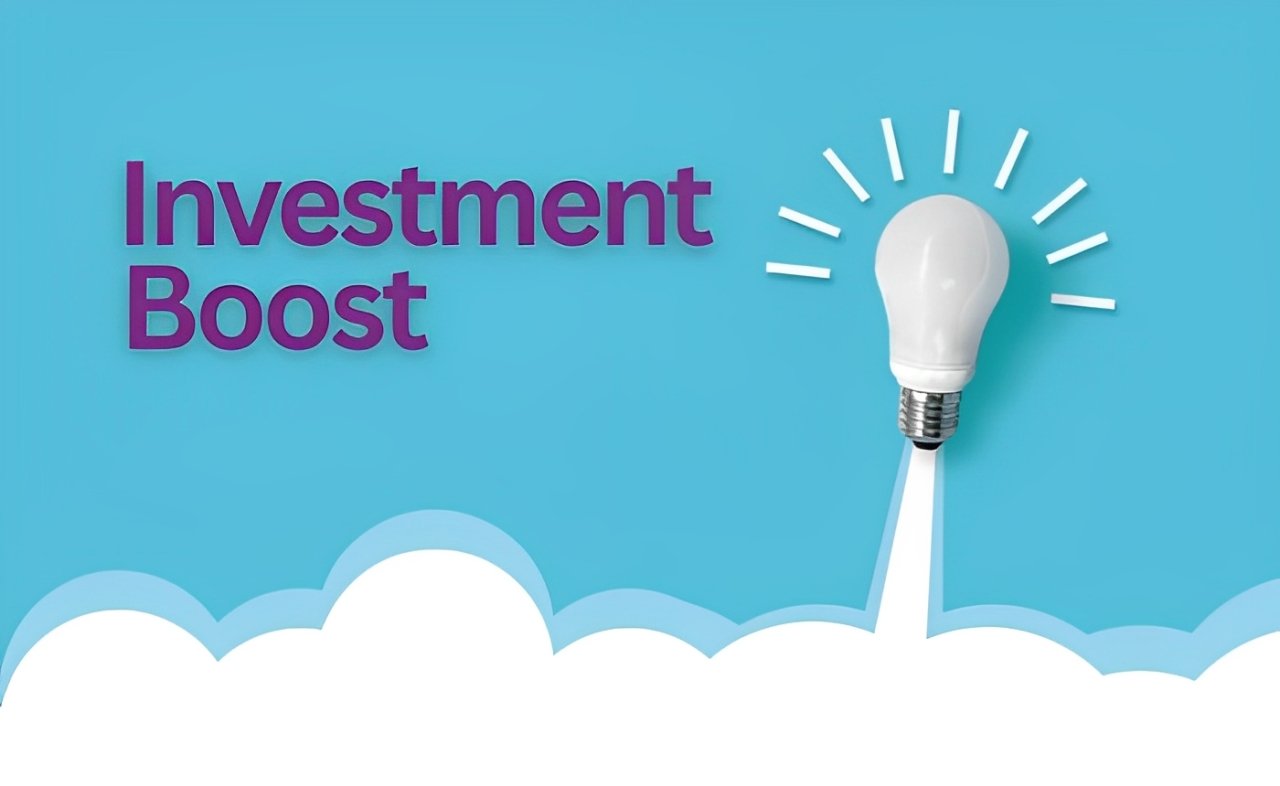This article was primarily generated by AI, with our skilled team refining and enhancing the content to ensure it meets the high standards of our audience.
In today’s fast-paced digital economy, small business owners are constantly seeking ways to work smarter, not harder. One of the most transformative tools available today is the AI assistant, a digital teammate that can help you streamline operations, boost productivity, and make better decisions. But with so many options available, how do you choose the right one for your business?
This article will help you understand what an AI assistant is, why it matters, and how to select the best one for your needs. We’ll also show you how to get started quickly, just by asking it questions, like you would a colleague.
What is an AI assistant?
An AI assistant is a software tool powered by artificial intelligence that can perform tasks, answer questions, and support decision-making, often in real time. Think of it as a digital co-worker that’s available 24/7. These assistants can help with everything from writing emails and managing your calendar to analyzing data and generating marketing content.
Some AI assistants are general-purpose, like ChatGPT or Microsoft Copilot, while others are specialised, like Otter AI for meeting transcription or Clara for scheduling.
Why Should Small Business Owners Care?
AI assistants are not just for tech giants or large corporations. They are increasingly accessible, affordable, and tailored for small businesses. Here are some of the key benefits:
Time Savings: Automate repetitive tasks like drafting emails, summarizing meetings, or generating reports.
Improved Decision-Making: Use AI to analyze trends, customer feedback, or financial data.
Enhanced Customer Service: Chatbots and AI-driven help desks can provide instant responses to customer inquiries.
Cost Efficiency: Reduce the need for additional staff by automating routine tasks.
Scalability: As your business grows, AI tools can scale with you, handling more tasks without needing more people.
Commonly used AI assistants
Here are some top tools to consider:
ChatGPT: Great for content creation, customer interaction, and workflow automation.
Microsoft Copilot: Integrated with Microsoft 365, ideal for drafting documents, managing schedules, and summarizing meetings.
Google Gemini: Strong in market research, financial planning, and strategic insights.
Otter AI: Excellent for transcribing and summarizing meetings.
Clara: A human-like assistant for scheduling and admin tasks.
Jasper: A writing assistant focused on marketing and blog content.
How to Choose the Right One
When selecting an AI assistant, consider the following:
Integration: Will it work with your current tools (e.g., email, CRM, calendar)?
Core Features: Does it do what you need—content creation, scheduling, analytics?
Task Performance: Can it handle both simple and complex tasks?
Customisation: Can you tailor it to your business needs?
Budget: Is it affordable and worth the investment?
Data Privacy: Does it comply with privacy laws and protect your data?
Reliability: Is the output accurate and trustworthy?
These criteria will help you narrow down your options and find a tool that aligns with your business goals.
Getting Started: Just Ask
One of the most powerful (and often overlooked) features of modern AI assistants is their ability to teach you how to use them, just by asking. As demonstrated in the video you shared, you don’t need to read a manual or attend a training session. You can simply type:
“What can you help me with?”
Or even:
“I’m a small business owner. How can I use you to save time?”
The assistant will respond with suggestions that you can then build on with more specific questions like:
“Can you draft a customer follow-up email for me?”
“What’s the best way to summarise this meeting?”
“Help me plan a social media campaign for next month.”
This conversational approach makes AI assistants feel more like team members than tools. It lowers the barrier to entry and encourages experimentation, so you can discover new ways to use AI in your daily work. As you continue to explore AI in your business, remember: the more relevant and high-quality information you provide, the more accurate, useful, and tailored the AI’s responses will be.
Final Thoughts
Adopting an AI assistant doesn’t require a tech background or a big budget. It starts with curiosity and a willingness to try something new. By choosing the right assistant and simply asking it how it can help, you’ll unlock new efficiencies and insights that can transform your business.
Whether you’re managing client relationships, planning your next workshop, or just trying to stay on top of your inbox, the right AI assistant can be a game-changer.
AI can help you work smarter, but sometimes, it helps to talk things through with someone who gets it. A Business Mentor can offer clarity, perspective, and support as you navigate new tools and challenges. If that sounds useful, you can register for a Mentor today.






